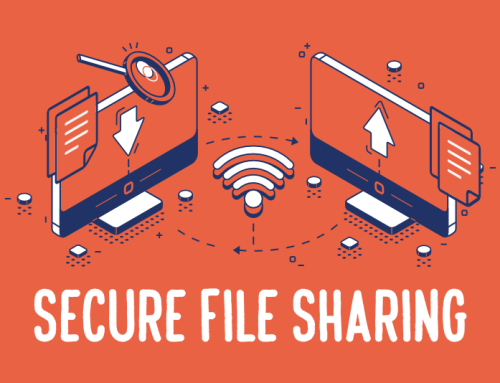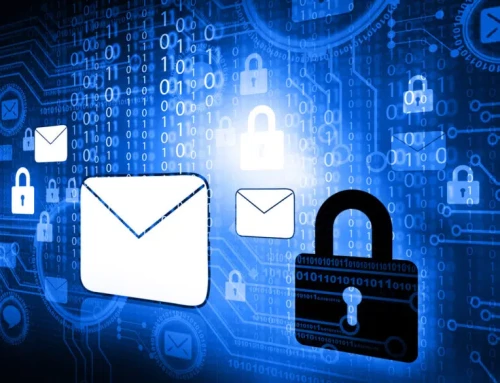Secure online shopping
Secure online shopping is more common and practical than ever in the modern world. To protect your privacy and prioritize security, though, you must go along with this convenience. Online shoppers must take proactive measures to guarantee the security of their transactions and the privacy of their sensitive data. We will examine key advice and recommended methods for safe online shopping in this article.
Shop on Trusted Websites
Making sure to choose reliable and trustworthy websites is one of the most important steps in safe online shopping. Rely on well-known, reputable websites or e-commerce platforms that have a track record of protecting user information. Look for SSL (Secure Sockets Layer) implementation on the website by looking for security indicators like HTTPS encryption and a lock icon in the address bar.
Use Strong and Unique Passwords
For your online shopping accounts, you must make sure your passwords are strong and distinctive. Avoid using obvious passwords or easily guessable personal information. Use a mix of capital and lowercase letters, numbers, and special characters instead. In order to avoid a chain reaction in the event that one account is compromised, it is also essential to use a different password for each online retailer.
Enable Two-Factor Authentication (2FA)
Your online shopping accounts are more secure thanks to two-factor authentication. By turning on 2FA, you will be required to enter an additional form of identification in addition to your password, such as a special code sent to your mobile device. By doing this, you can make sure that even if someone gets their hands on your password, they won’t be able to log in without the additional verification.
Be Cautious with Personal Information
Give only the personal information required to complete the transaction when making an online purchase. Unless absolutely necessary, avoid disclosing unnecessary information such as your social security number or complete birthdate. Genuine online merchants typically don’t request more personal information than is necessary to fulfill your order.
Shop on Secure Networks
When using public Wi-Fi networks, such as those found in coffee shops, airports, or libraries, stay away from making online purchases. Since public networks are frequently insecure, hackers can more easily intercept your data. Use a private and secure internet connection instead, preferably one that is encrypted and password protected, like your home network.
Regularly Update Your Devices and Software
Update your hardware, software, and antivirus programs frequently. Security patches and bug fixes that address vulnerabilities that hackers could exploit are frequently included in routine updates. You lessen your chance of being a victim of well-known security flaws by maintaining updates for your hardware and software.
Be Wary of Phishing Attempts
The purpose of phishing emails and websites is to deceive users into disclosing their personal information. When clicking on links in emails or messages that purport to be from online retailers, use caution. Check the email address twice and watch out for spelling or grammar mistakes, which are frequent signs of a phishing attempt. It is always safer to bookmark the retailer’s website or type the address directly into your browser.
Conclusion
Your personal information must be protected, and secure online shopping is crucial to a satisfying online shopping experience. You can significantly lower your risk of becoming a victim of online fraud and data breaches by following the advice provided in this article, which includes shopping on reputable websites, creating strong passwords, turning on two-factor authentication, and being cautious with personal information. Always keep in mind that your security is in your hands, and taking preventative steps will help to secure your online shopping transactions.
Secure shopping is crucial to protect your financial information and personal data when making online purchases. RAM Antivirus plays a significant role in ensuring the safety of your online shopping experience. Here’s some content related to secure shopping with antivirus software:
The Importance of Antivirus Software for Secure Online Shopping
This article explains how antivirus can safeguard your online shopping activities by detecting and blocking malicious websites, phishing scams, and other threats that could compromise your financial security.
Tips for Safe Online Shopping with Antivirus Protection
Explore a list of practical tips for secure online shopping, including using RAM antivirus, ensuring website authenticity, and employing strong passwords. This content can help users make informed choices to protect their online shopping ventures.
Cybersecurity Tips for Online Shopping
Shop secure sites only:
Before entering any personal or financial information, make sure you verify that the site you are on is legitimate and secure. The easiest way to tell is to look for “https” at the beginning of a site’s address.
Update your software:
Updating your software is one of the easiest things you can do to protect your information, but many people put it off. Software updates are often released to help improve security and fight new attacks that are being developed constantly.
RAM Antivirus protects you from online scams. Antivirus block website which not secure.








